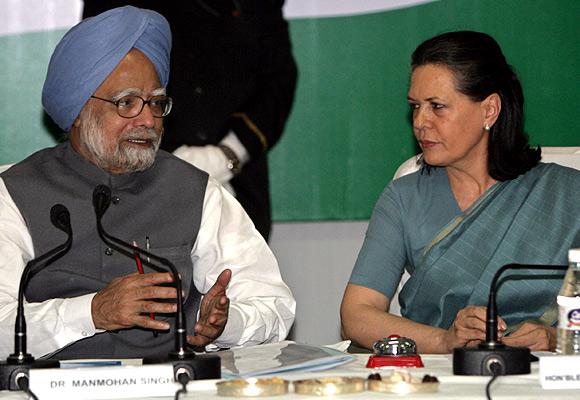Dark Market: Guarding Against
Organized Cyber Crooks
Organized Cyber Crooks
by Paul Davis
Learn how you can protect your
business from cybercrooks.
According to Newsweek and other
media sources the FBI is investigating the possibility that a foreign entity
hacked into the computer systems of both the Obama and McCain campaigns.
These cyber attacks not only impact the economy, they also threaten national security, noted Shawn Henry, the recently appointed Assistant Director of the FBI's Cyber Division. Henry said that the FBI has thousands of open cases dealing with cyber crime.
But thankfully the FBI closed out one major case last month that netted 56 cyber criminals worldwide and prevented $70 million in potential losses.
"Dark Market" was a two-year undercover cyber operation that pursued a vast criminal cyber network that created an Internet forum where the crooks bought and sold stolen financial data that included credit card information, login credentials like users names and passwords, and electronic equipment used to commit financial crimes.
According to the FBI the cyber crooks numbered more than 2,500. They believed they were operating in a protected cyber environment due to their selective membership and vetting process.
But as FBI special agent Joe Pistone -- aka "Donnie Brasco" -- was once able to penetrate a secretive New York organized crime family, another undercover FBI agent infiltrated this cyber criminal gang. He became a trusted member and even became one of the group's site administrators.
"What's worked for us in taking down spy rings and entire mob families over the years -- embedding an undercover agent deep within a criminal organization -- worked beautifully in taking down Dark Market," said Henry.
Calling himself "Master Splyntr," the undercover FBI agent said that Dark Market was like an exclusive club for cyber crooks. The site was a meeting place for getting advice and brokering deals. The agent saw millions of dollars being exchanged, but the FBI and their overseas law enforcement partners were able to prevent the losses by tipping off the potential victims.
Score one for the good guys. But other cyber threats remain.
"The business of the United States is done on the Internet," Henry told reporters last month. "And the information that flows electronically 24/7 is increasingly the target of not only identity thieves and scammers, but also organized crime groups, terrorists and overseas governments. The malicious activity has become much more prevalent."
Henry said the malicious activity comes in the form of attacks that deny access to websites, compromises sensitive information, or produces "botnets" that spread viruses and covertly co-opts computers to carry out data theft.
New groups of hackers, what Henry called virtual gangs, are banding together to pool their expertise and carry out coordinated cyber attacks. And these cyber crooks don't even have to meet, or be in the same country.
The FBI is forcefully attacking the problem, as Dark Market illustrates. And you too can make a difference, the FBI says, by protecting your home and business systems with these basic steps:
Keep Your Firewall Turned On: A firewall helps protect your computer from hackers who might try to gain access to crash it, delete information, or even steal passwords or other sensitive information.
Install or Update Your Anti-Virus Software: Anti-virus software is designed to prevent malicious software programs from embedding on your computer.
Install or Update Your Anti-Spyware Technology: Spyware is just what it sounds like -- software that is surreptitiously installed on your computer to let others peer into your activities on the computer.
Keep Your Operating System Up to Date: Computer operating systems are periodically updated to stay in tune with technology requirements and to fix security holes.
Be Careful What You Download: Carelessly downloading e-mail attachments can circumvent event the most vigilant anti-virus software. Never open an attachment from someone you don't know, and be wary of forwarded attachments from people you do know.
Turn Off Your Computer: With the growth of high-speed Internet connections, many opt to leave their computers on and ready for action. The downside is that being "always on"




